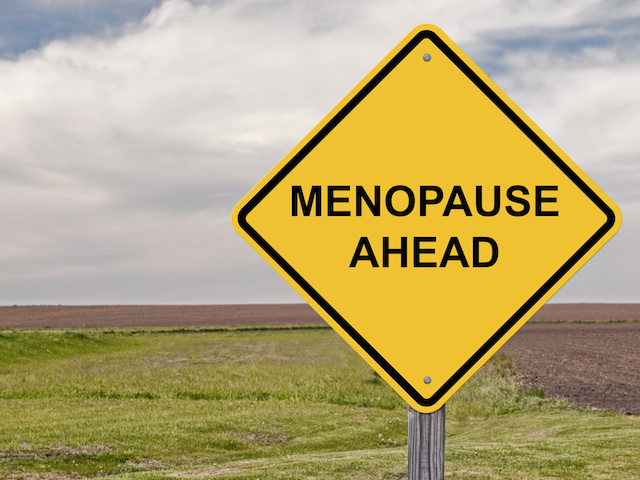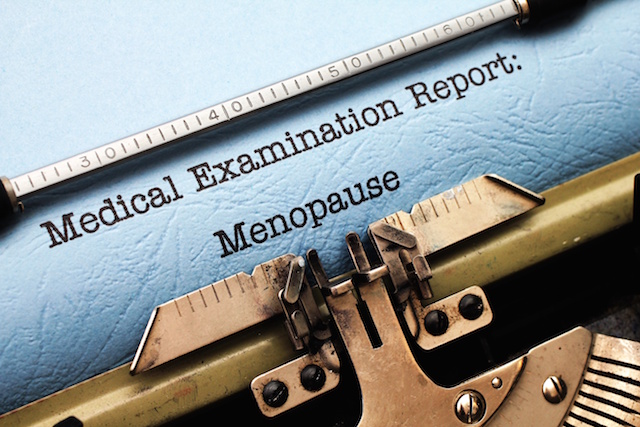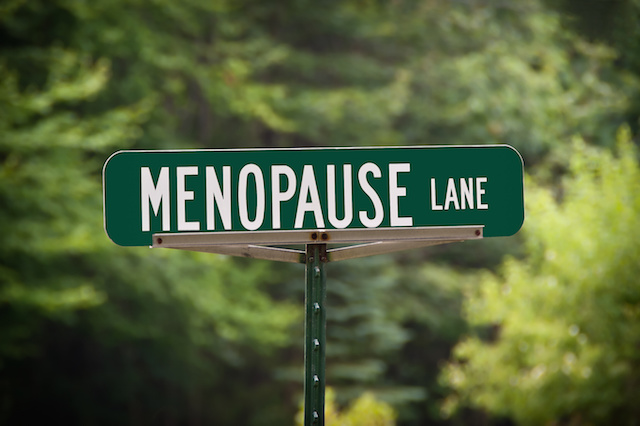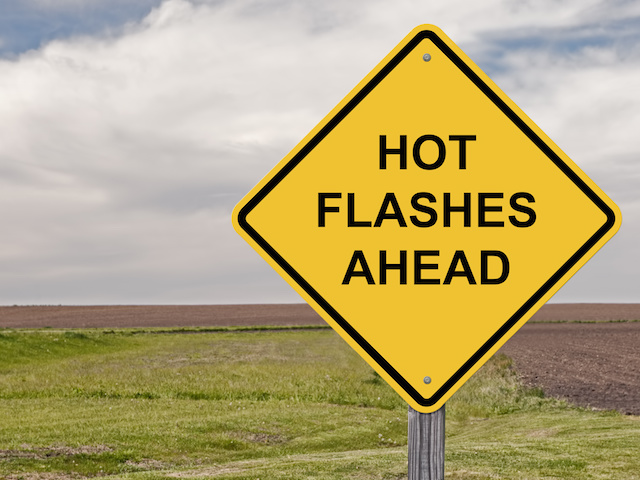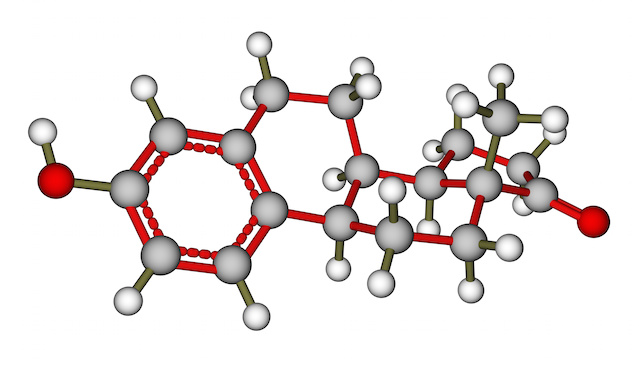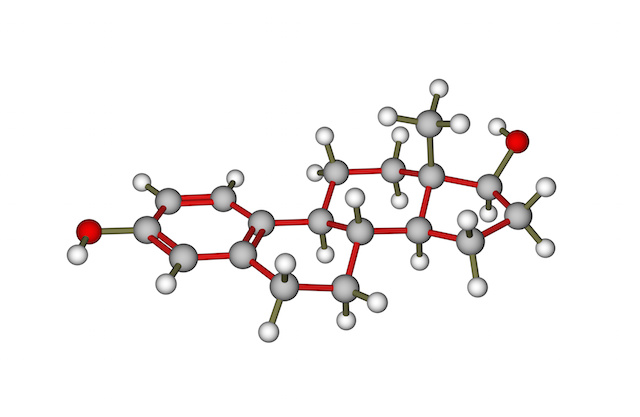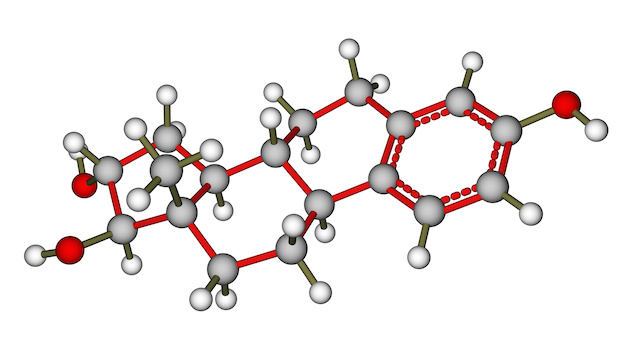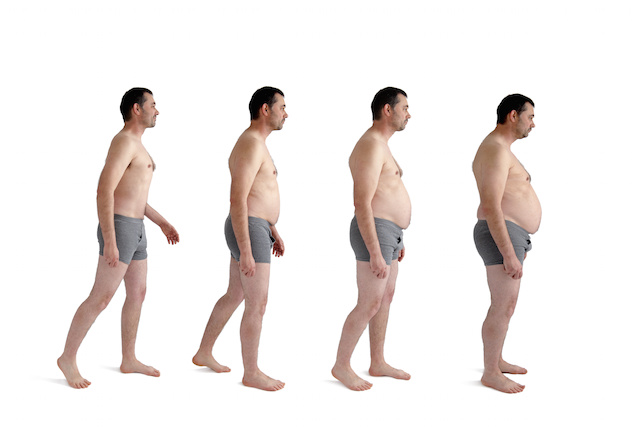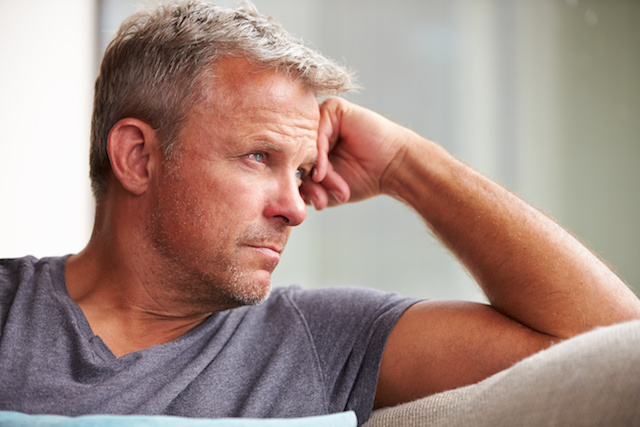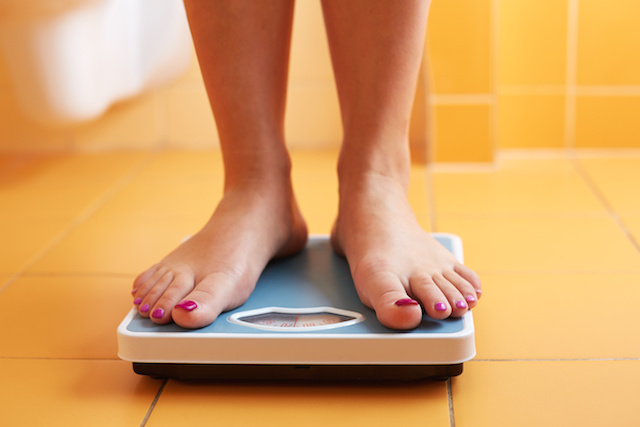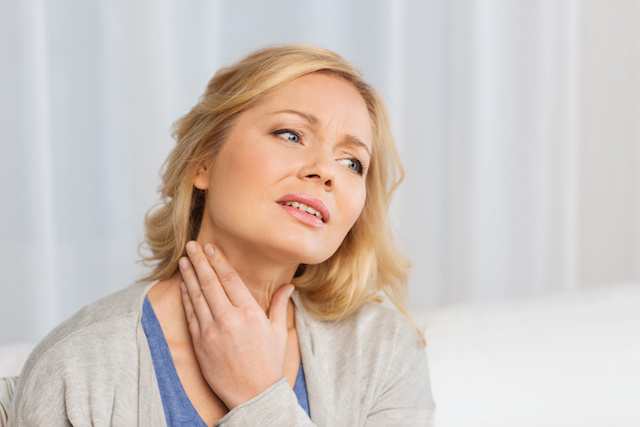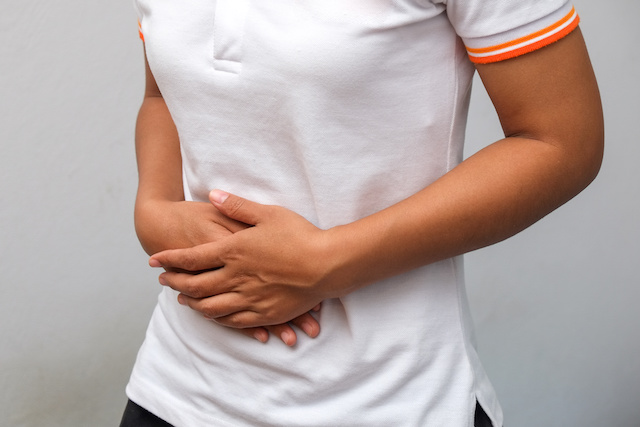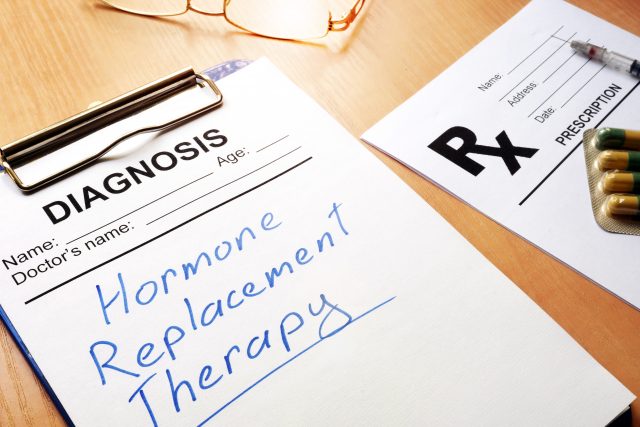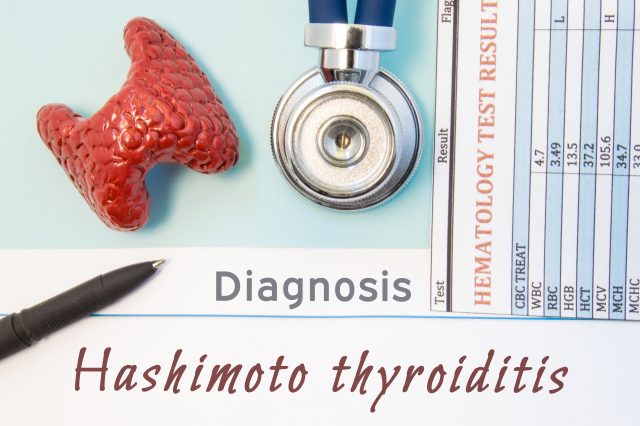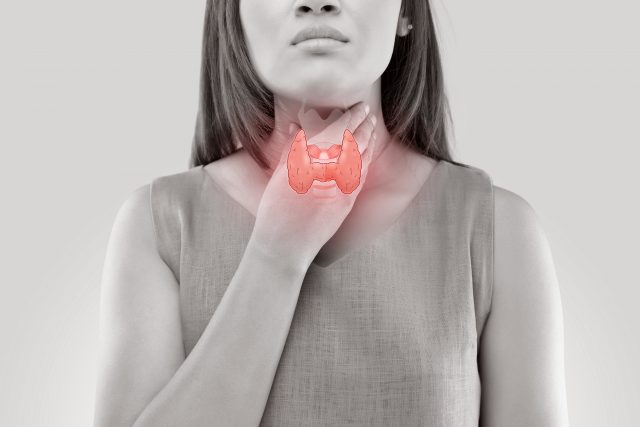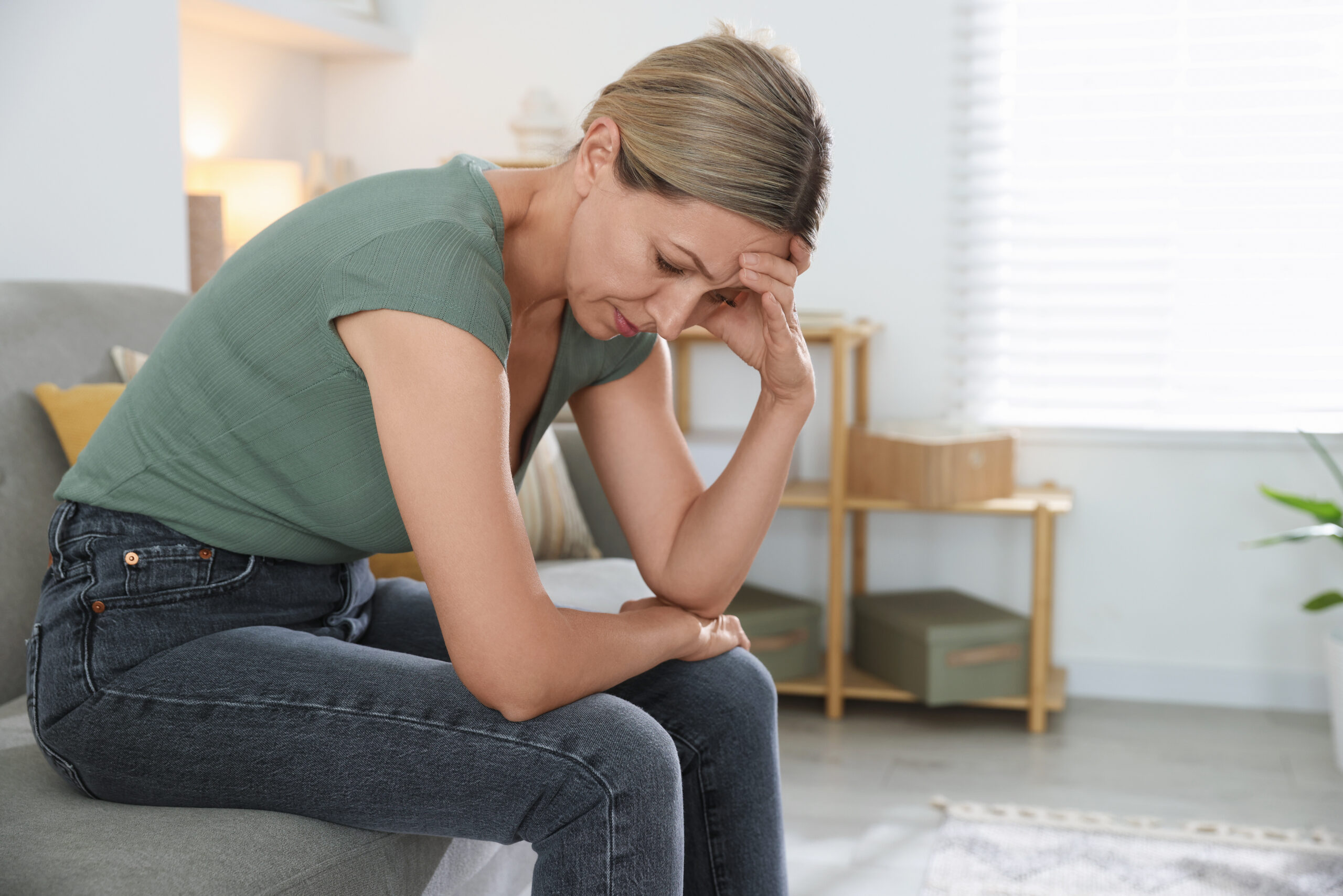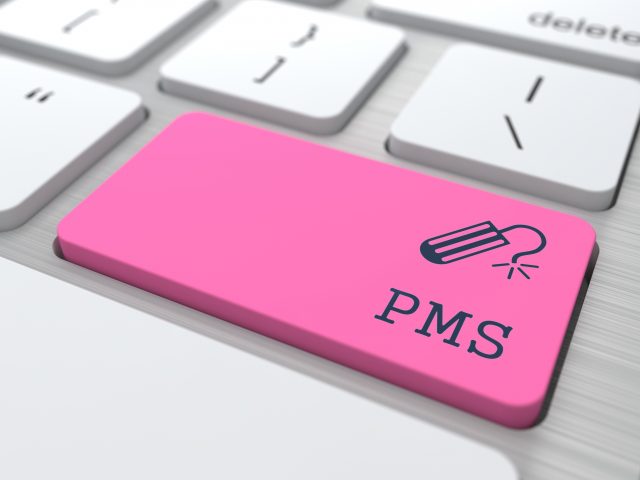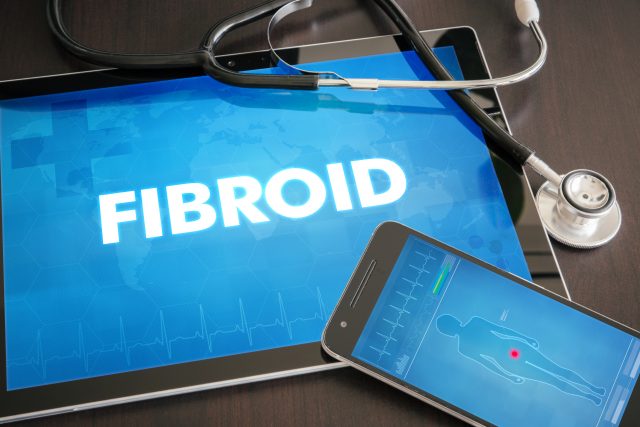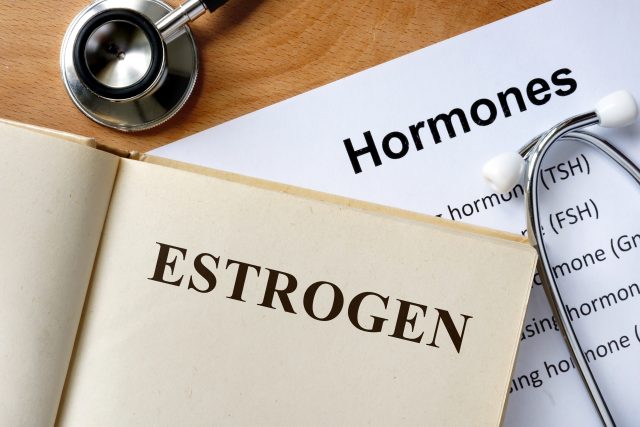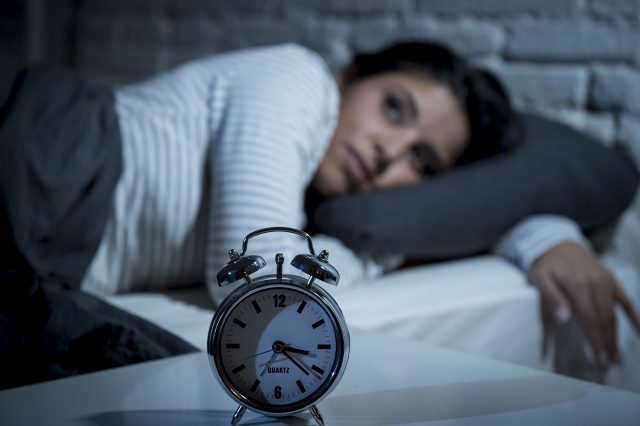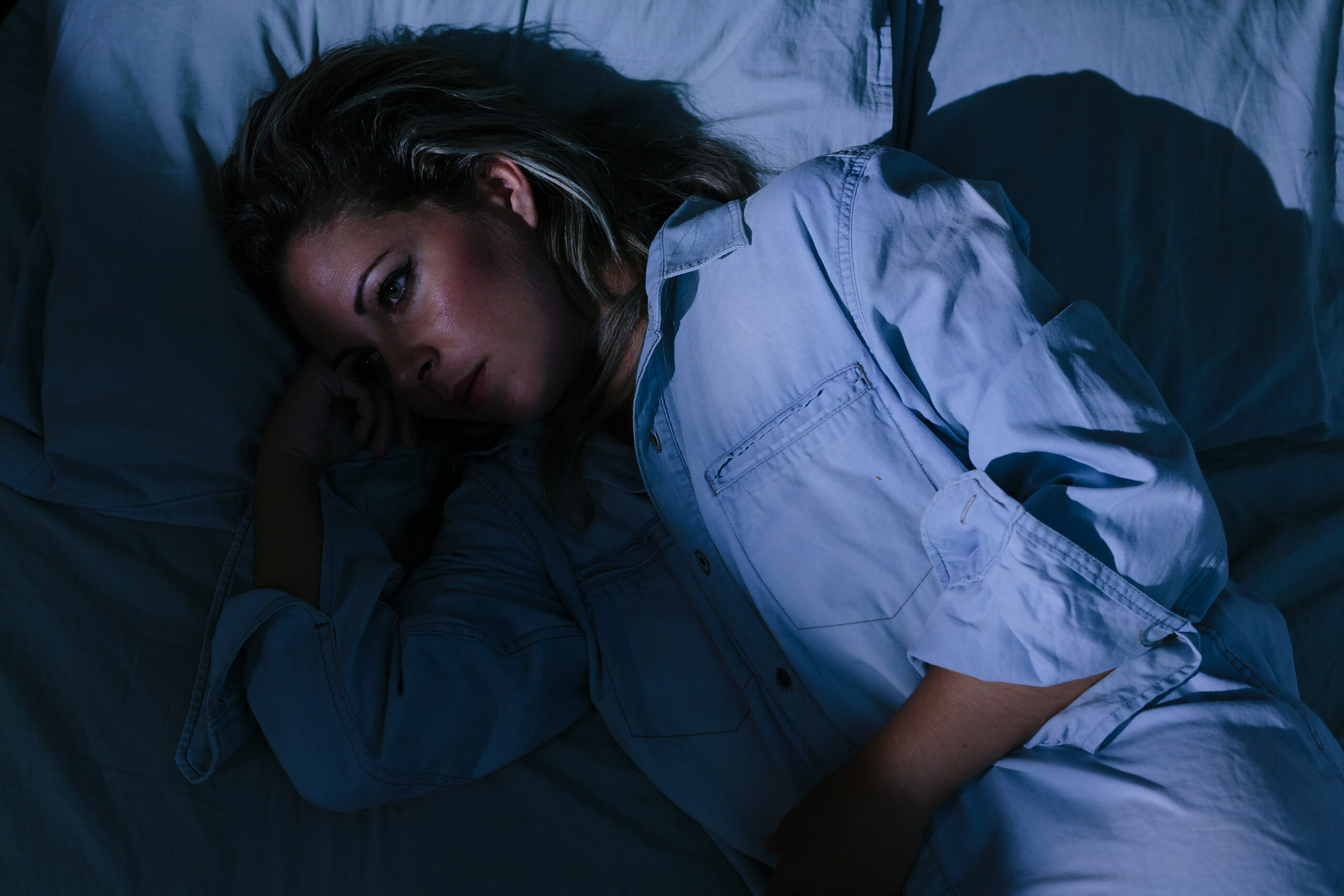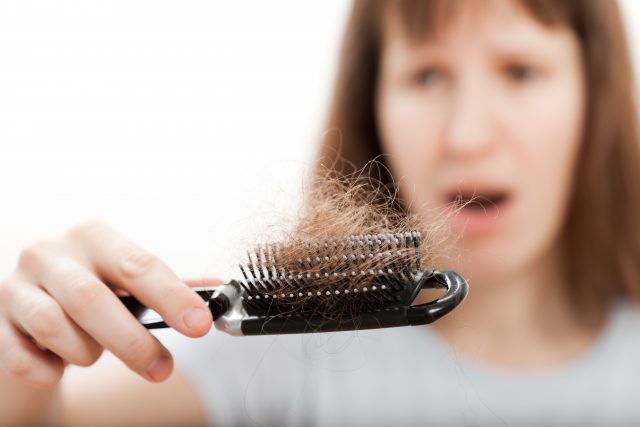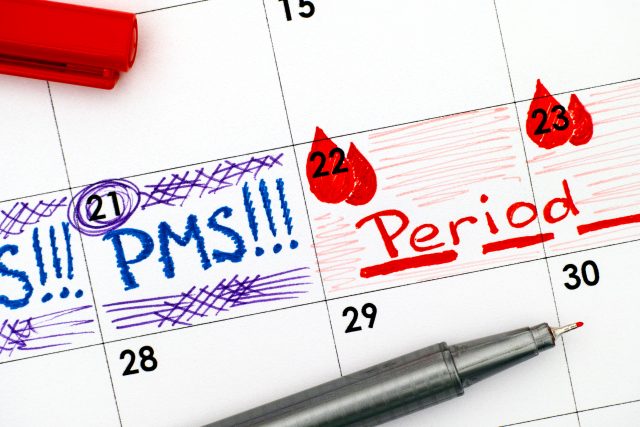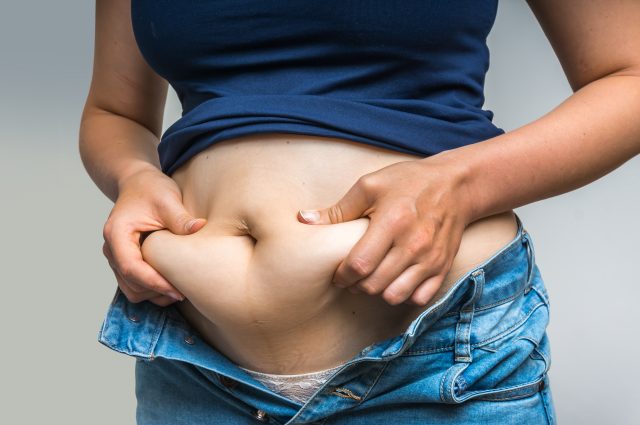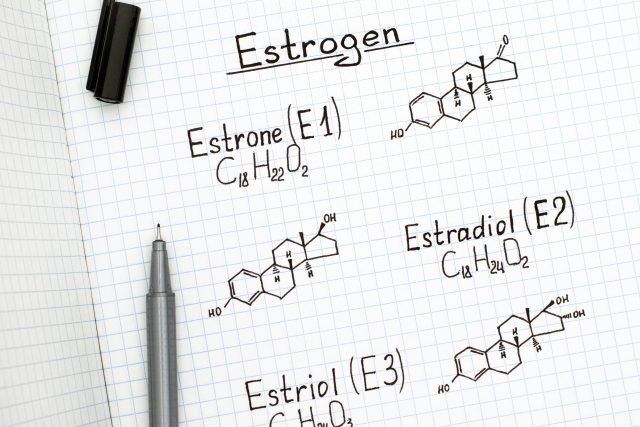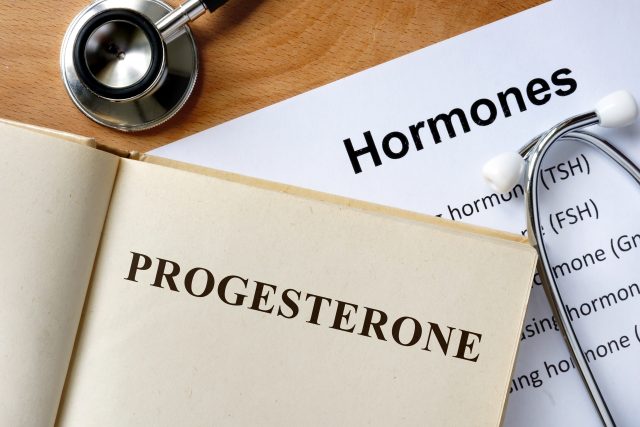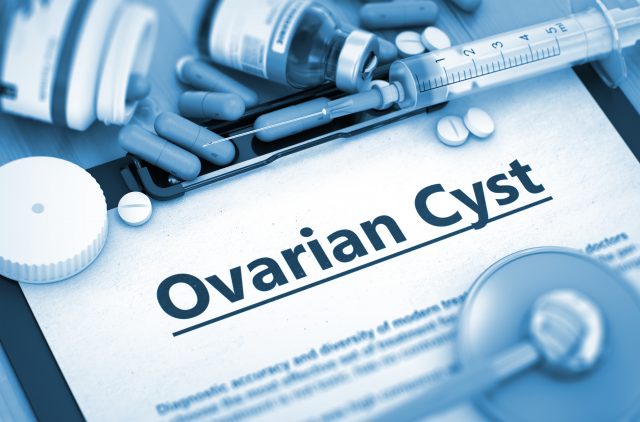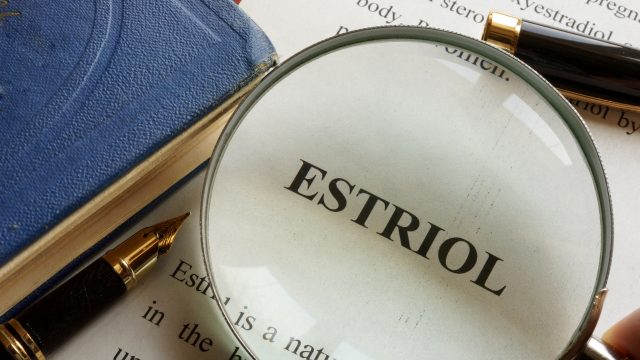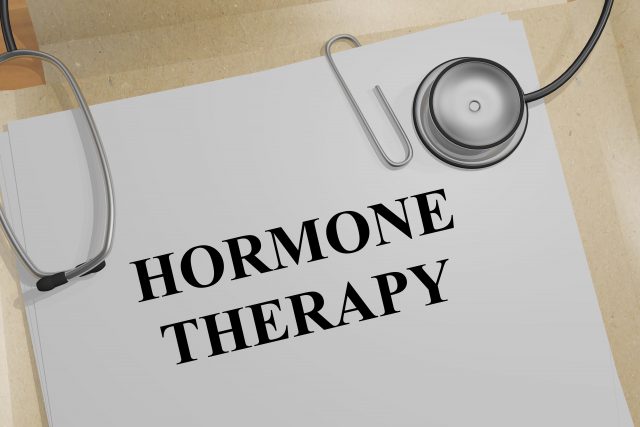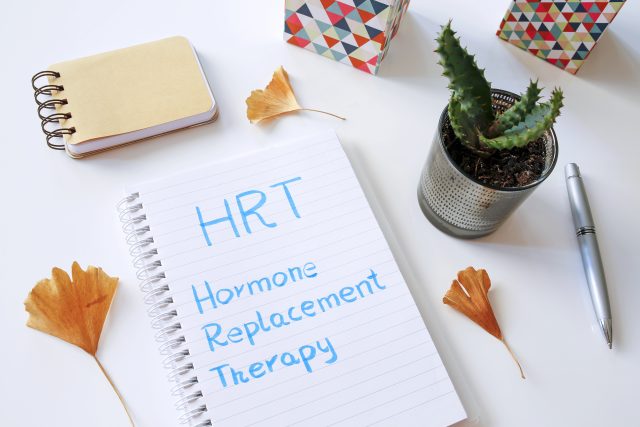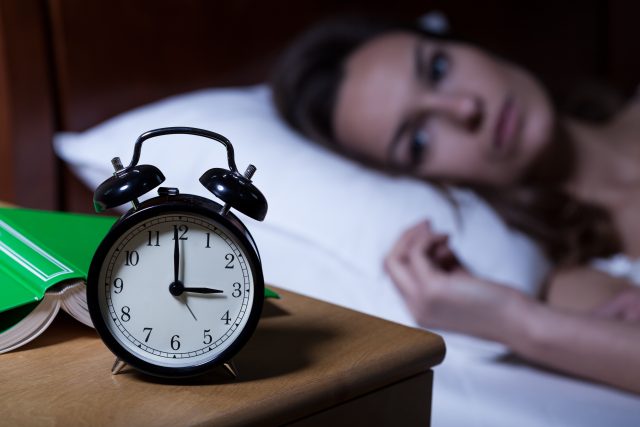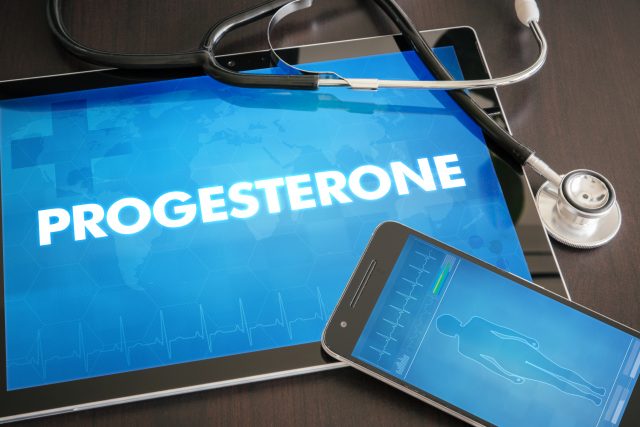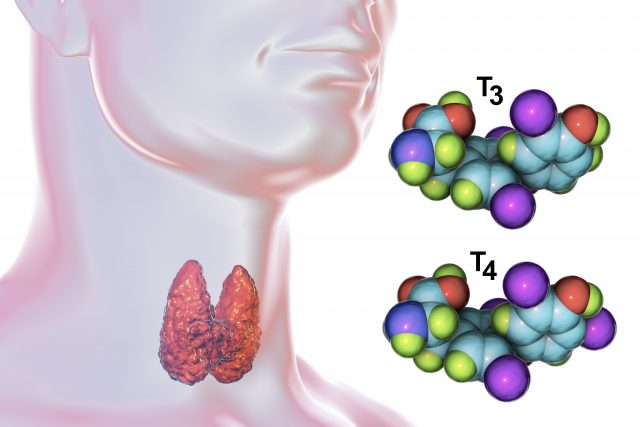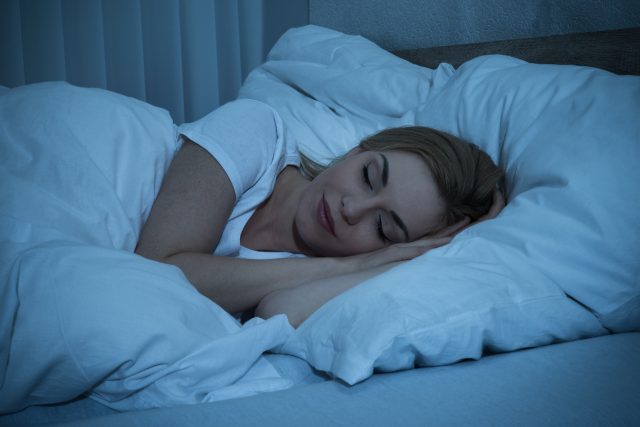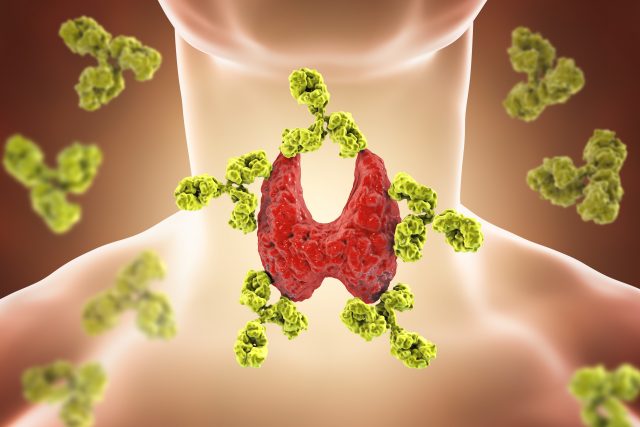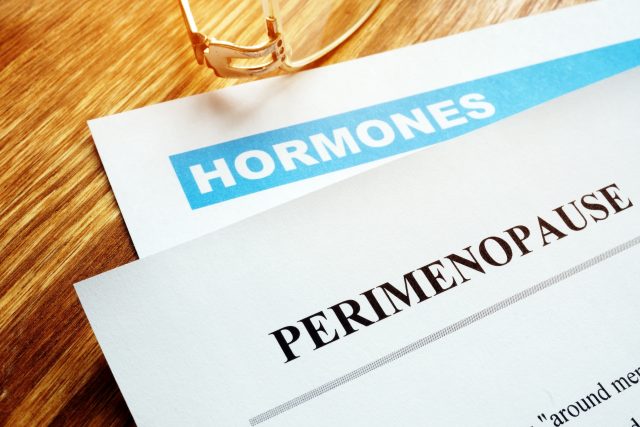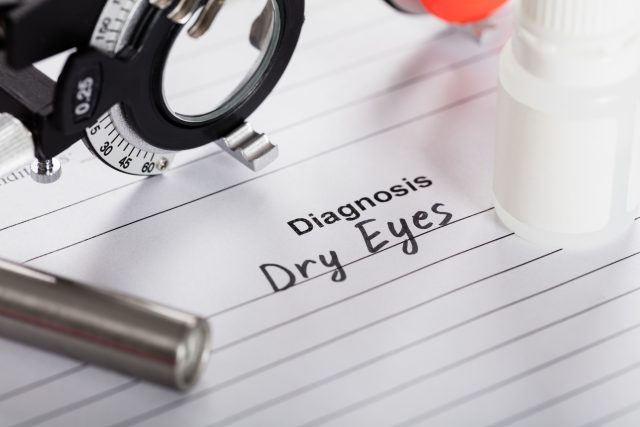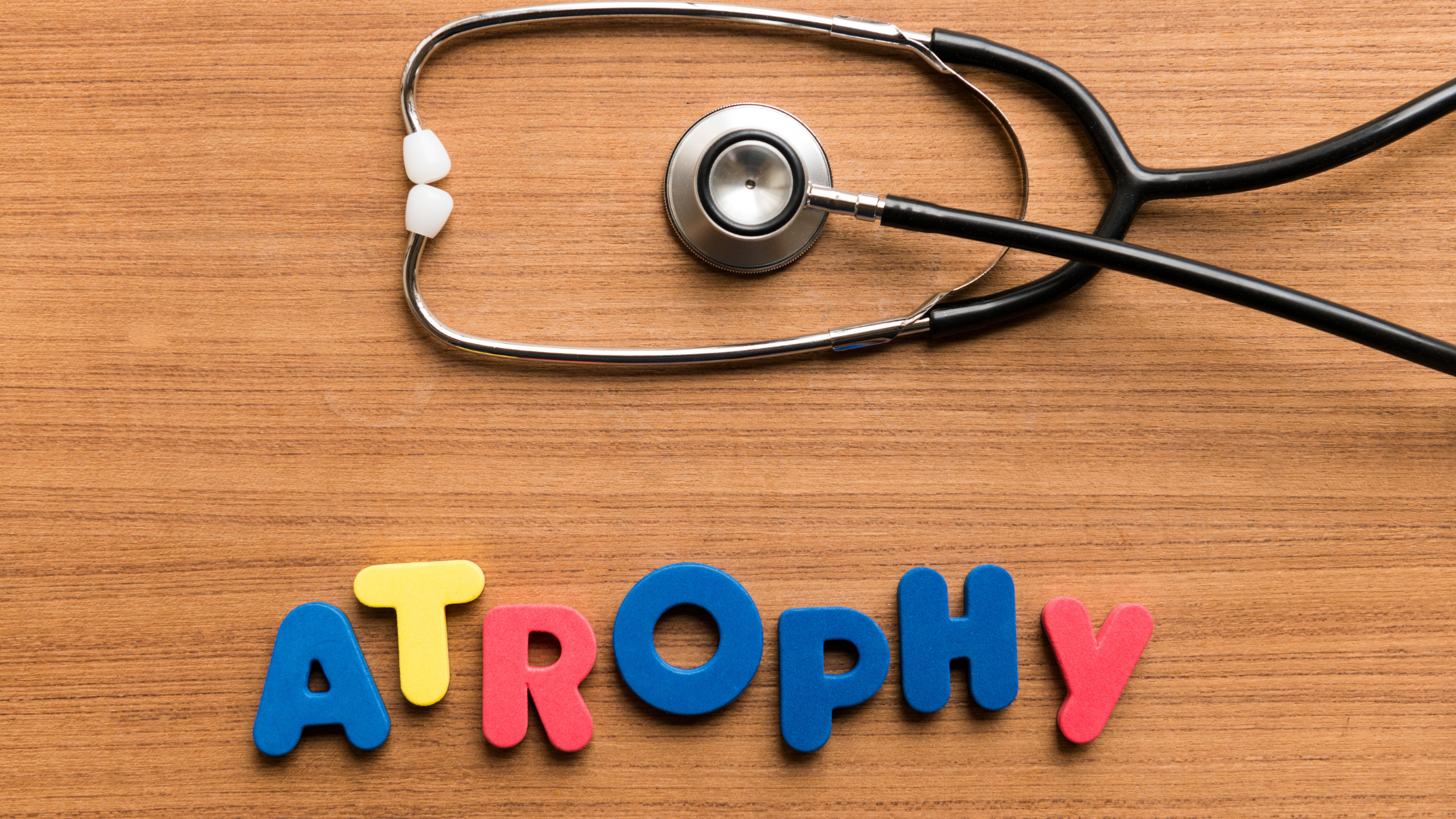When Does Menopause Start?
Menopause occurs when the ovaries decrease their production of female hormones. The ovaries mainly produce the hormones, estrogen and progesterone. These hormones decline over time when the ovaries start to reduce in function.
When the ovaries start to reduce the output of estrogen and progesterone, this is considered Peri-menopause. Perimenopause means ‘near/around or about menopause’.
Perimenopause is the prelude to menopause and has many symptoms of its own that differ greatly from menopause. In perimenopause the ovaries are still producing estrogen and progesterone, whereas in menopause there is no production of these hormones.
When the ovaries stop the production of estrogen and progesterone this is the mark of menopause. Menopause is a natural process that all women will eventually go through. The key to menopause is to make is a gentle transition with the least amount of unwanted symptoms that can occur from the absence of estrogen and progesterone.
In menopause a woman will stop having her period. Technically, the definition of menopause is when a woman has not had her period for 12 months.
If a women has a surgical procedure called an oophorectomy, where the ovaries are removed, this will immediately cause menopause. Typically, when a woman undergoes a oophorectomy, she will also have a hysterectomy which is removal of the uterus.
Summary:
A woman will go through menopause when her ovaries either reduce and stop producing estrogen and progesterone or she has a oophorectomy/hysterectomy which is the removal of ovaries and uterus.
